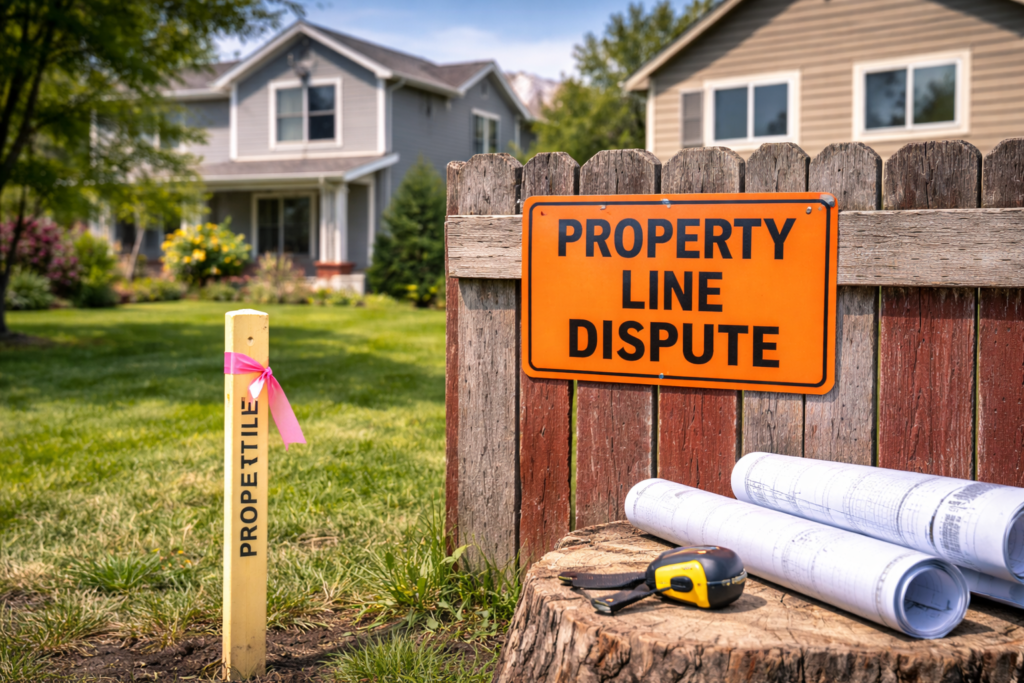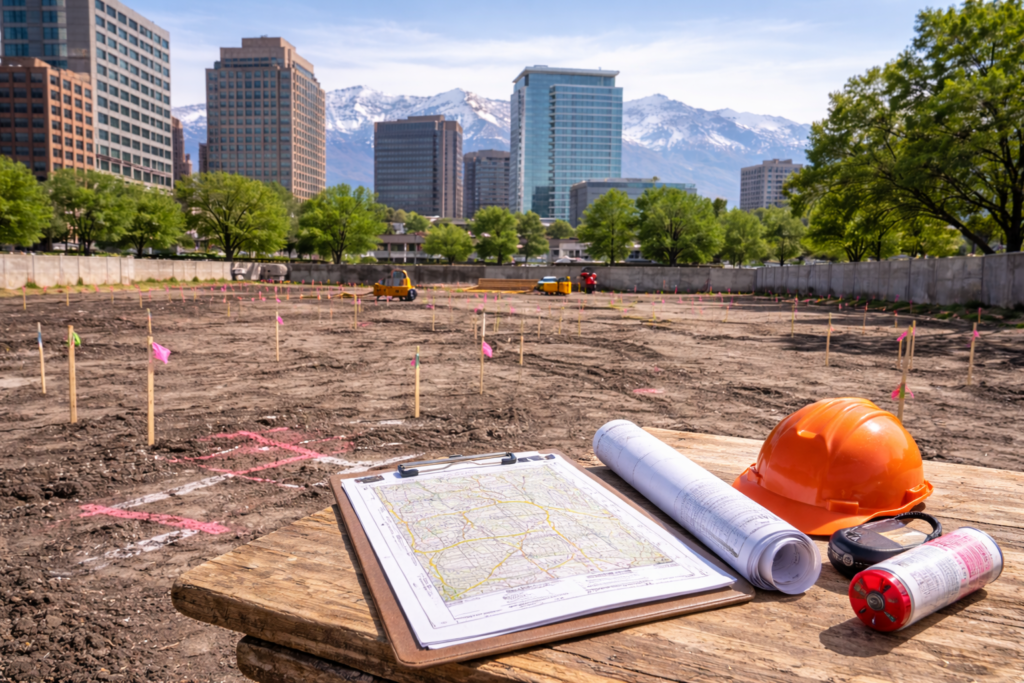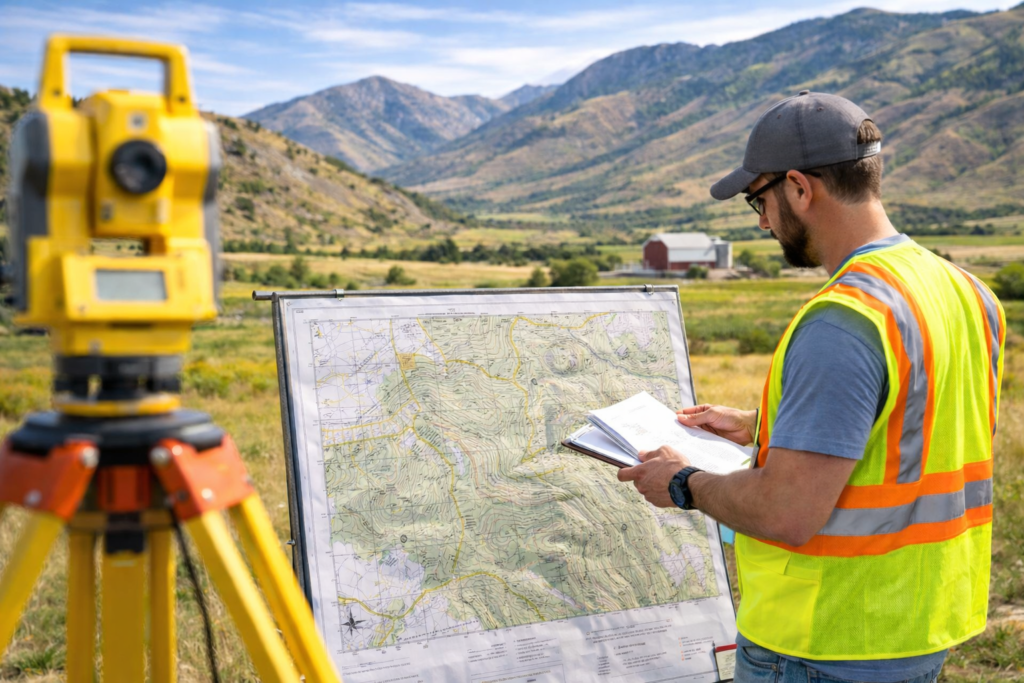Land surveying plays a crucial role in the development and management of land resources, and education in this field is vital for aspiring surveyors. Whether you’re in Salt Lake City, Utah, or elsewhere, understanding what land surveying courses entail can help you start or advance in this dynamic profession. This article provides an overview of land surveying courses, detailing what you can expect to learn and how these courses can prepare you for a successful career in land surveying.
Understanding Land Surveying Courses
Core Curriculum
Land surveying courses cover a broad range of topics designed to equip students with the foundational knowledge and skills needed in the profession:
- Surveying Principles: Basics of measuring land, including understanding distances, angles, and elevations.
- Use of Technology: Training in the latest surveying technology such as GIS (Geographic Information Systems), GPS (Global Positioning Systems), and drones.
- Legal Aspects: Understanding property laws, reading land titles, and preparing legal documents.
For more detailed information on surveying education programs, resources provided by the National Society of Professional Surveyors offer guidelines on choosing the right course.
Types of Courses Available
- Certificate Programs: These are short-term courses that cover the basics of land surveying, ideal for those looking to enter the field quickly.
- Associate Degrees: A more comprehensive study that typically lasts two years and provides a deeper understanding of the field.
- Bachelor’s and Master’s Degrees: Advanced programs that delve into complex surveying topics, often integrating management skills and specialized technologies.
Choosing the Right Program
Accreditation
Ensure the program is accredited by a recognized body, such as ABET (Accreditation Board for Engineering and Technology), which sets the educational standards for land surveying programs. Visiting ABET’s official website can provide further information on accredited programs.
- Benefits of Accreditation: Guarantees the quality of education and increases job prospects post-graduation.
Hands-On Experience
Look for courses that offer practical, hands-on learning opportunities:
- Field Training: Practical sessions in real-world settings are essential for understanding the day-to-day responsibilities of a land surveyor.
- Internships: Programs that include internships or co-op placements can provide valuable experience and professional connections.
Career Opportunities After Completing Land Surveying Courses
Professional Certification
After completing educational courses, obtaining professional certification, such as becoming a Licensed Professional Land Surveyor, is often the next step. This certification is crucial for practicing legally and can significantly enhance career opportunities.
Employment Prospects
Graduates can look forward to diverse career paths in various sectors:
- Construction and Engineering: Working on major construction projects to determine land boundaries and assist in building layout.
- Government and Public Service: Managing public lands and resources, or working in urban planning and development.
Conclusion:
Land surveying courses offer the knowledge and skills necessary to embark on a rewarding career in surveying, providing a mix of technical training and practical experience. For those interested in pursuing this dynamic field in Salt Lake City, Utah, or beyond, starting with the right educational program is key. Cook Surveying, with its commitment to excellence and innovation in the field, invites you to explore the opportunities that a career in land surveying presents. For additional details on career outlook and job growth statistics in land surveying, visit the Bureau of Labor Statistics.




